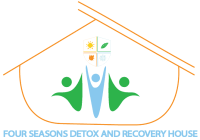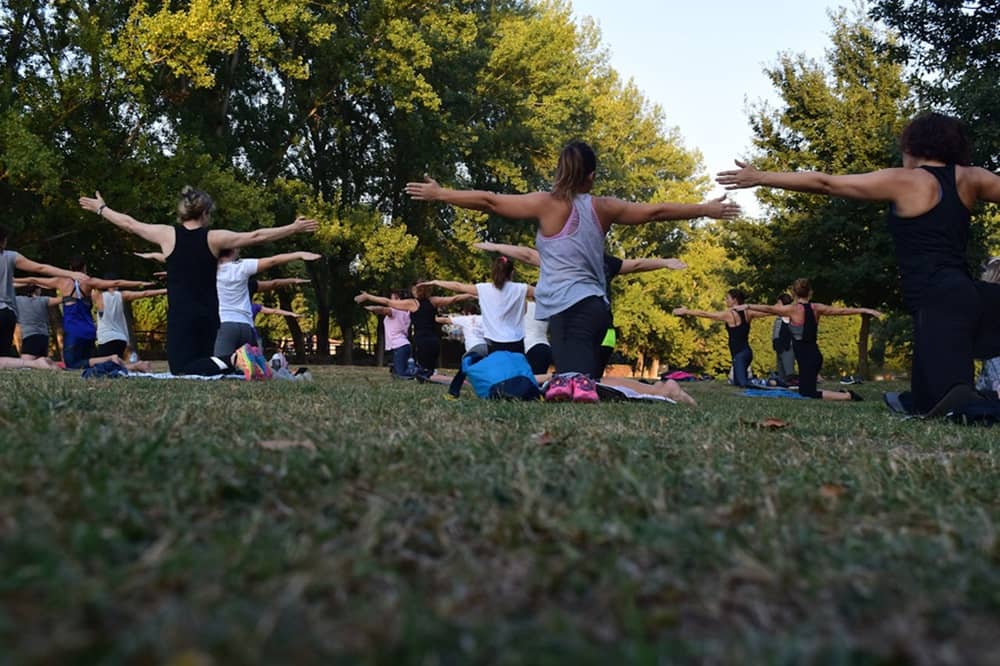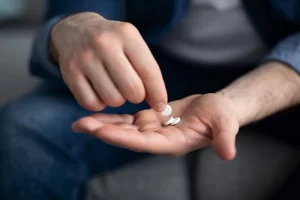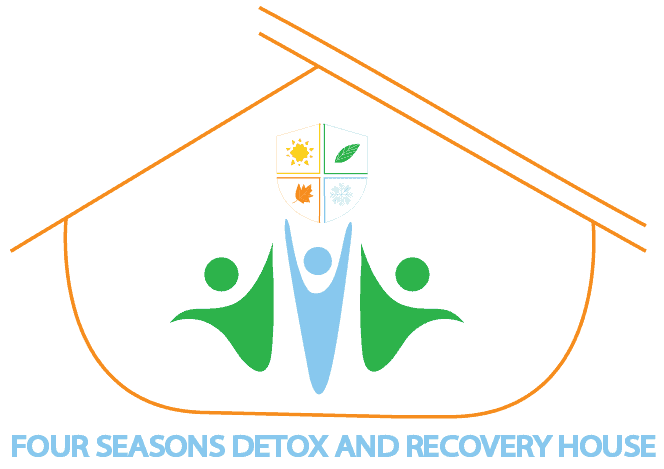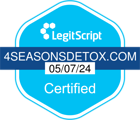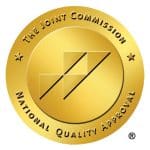Introduction
Relapse prevention is a crucial aspect of recovery for individuals overcoming addiction. Relapse refers to the return of addictive behaviors after a period of abstinence, often accompanied by feelings of guilt and frustration. Group activities play a significant role in preventing relapse by providing support, fostering accountability, and developing essential coping skills. This article explores effective relapse prevention group activities and their benefits, aiming to help individuals maintain long-term sobriety.
Understanding Relapse
Stages of Relapse
Relapse is a process that occurs in stages, rather than a single event. Recognizing these stages can help individuals take proactive steps to prevent a full-blown relapse.
Emotional Relapse: This initial stage involves neglecting self-care, suppressing emotions, and experiencing isolation. Early intervention at this stage can prevent further progression.
Mental Relapse: At this stage, individuals struggle between the desire to use substances and the will to stay sober. They may reminisce about past drug use or plan for future use.
Physical Relapse: This final stage is when the individual starts using substances again. Preventing physical relapse requires strong support networks and effective coping strategies.
Common Triggers
Identifying triggers is essential in relapse prevention. Common triggers include:
- Stress: High levels of stress can weaken coping skills and increase the likelihood of relapse.
- Negative Emotions: Feelings of depression, anxiety, loneliness, or anger can trigger cravings for substances.
- Social Pressure: Being in environments where others are using substances can create strong temptations.
- Environmental Cues: Objects, places, or people associated with past substance use can trigger cravings.
Benefits of Group Activities in Relapse Prevention
Shared Experience and Support
Group activities provide a platform for individuals to connect with others who understand their struggles. Sharing experiences fosters empathy, compassion, and a sense of belonging, which are crucial for recovery.
Accountability and Motivation
Participating in group activities encourages accountability and motivation. Group members can share their goals, challenges, and successes, providing mutual support and encouragement.
Skill Development
Group activities often focus on developing coping mechanisms and communication skills. These skills are essential for managing stress and avoiding high-risk situations.
Reduced Stigma
Group settings offer a judgment-free zone where individuals can openly discuss their challenges and achievements. This reduces the stigma and shame often associated with addiction.
Effective Group Activities for Relapse Prevention
1. Mindfulness Practices and Relaxation Techniques
Mindfulness practices such as yoga, meditation, and breathing exercises help reduce stress and anxiety. These activities promote self-awareness and provide healthy ways to cope with cravings. Group mindfulness sessions create a supportive environment for individuals to practice these techniques regularly.
2. Role-Playing Scenarios
Role-playing scenarios allow individuals to practice real-life situations in a safe setting. This activity helps participants develop effective coping strategies and improve their communication skills. By simulating potential relapse triggers, individuals can prepare for and manage high-risk situations.
3. Group Discussions and Sharing
Group discussions provide a platform for individuals to share their personal stories and solutions. These discussions foster a sense of connection and understanding, helping participants feel less isolated. Open communication within the group promotes empathy and support.
4. Creative Expression Activities
Creative activities such as art therapy, music creation, and journaling allow individuals to explore and express their emotions. These activities provide healthy outlets for processing feelings and managing stress. Group sessions encourage participants to share their creations and support each other’s creative journeys.
5. Physical Fitness and Outdoor Activities
Engaging in group physical activities like hiking, sports, and fitness sessions promotes physical health and mental well-being. These activities foster a sense of accomplishment and camaraderie, boosting self-esteem and motivation. Regular physical activity is an effective way to manage stress and reduce the risk of relapse.
6. Cognitive Behavioral Therapy (CBT) Exercises
CBT exercises help individuals identify and challenge negative thought patterns that contribute to substance use. Group CBT sessions provide a supportive environment for participants to learn and practice healthier coping mechanisms. These exercises are essential for addressing underlying issues and preventing relapse.
7. Relapse Prevention Workbooks and Journaling
Using relapse prevention workbooks and journaling activities encourages individuals to reflect on their recovery journey. These tools help identify potential triggers and develop personalized strategies to avoid relapse. Group reflection sessions promote self-awareness and emotional regulation through shared experiences.
8. Goal-Setting and Achievement Challenges
Group goal-setting activities involve setting and pursuing meaningful objectives together. Breaking down larger goals into manageable steps fosters a sense of accomplishment and enhances self-esteem. Working towards common goals provides positive reinforcement and reduces the risk of relapse.
9. Community Service Projects
Engaging in volunteer work and community service projects as a group builds a sense of purpose and connection. These activities help individuals focus on helping others, which can be highly rewarding and motivating. Community involvement promotes social interaction and reinforces commitment to sobriety.
Implementing Group Activities in Relapse Prevention Programs
Planning and Facilitating Activities
Effective planning and facilitation are crucial for successful group activities. Here are some tips for organizing and leading relapse prevention group activities:
- Set Clear Objectives: Define the goals of each activity and communicate them to participants.
- Create a Safe Environment: Ensure the group setting is supportive and non-judgmental.
- Encourage Participation: Foster an inclusive atmosphere where everyone feels comfortable participating.
- Provide Guidance: Offer clear instructions and support throughout the activities.
Integrating Activities into Treatment Plans
Integrating group activities into different stages of recovery programs enhances their effectiveness. Here’s how to incorporate these activities:
- During Detoxification: Use mindfulness and relaxation techniques to manage withdrawal symptoms and stress. For more on this, visit drug detox.
- Inpatient Rehabilitation: Incorporate role-playing scenarios and group discussions to build coping skills and support networks. Learn more about the benefits of inpatient rehab in inpatient vs outpatient rehab.
- Outpatient Programs: Include creative expression activities and CBT exercises to support ongoing recovery efforts. Discover luxurious options for detoxification in luxury detox.
- Aftercare and Alumni Programs: Engage individuals in community service projects and goal-setting challenges to maintain long-term sobriety.
Conclusion
Relapse prevention is a continuous process that requires effective strategies and support systems. Group activities play a vital role in helping individuals stay on track and avoid relapse. By participating in mindfulness practices, role-playing scenarios, group discussions, creative expression activities, physical fitness sessions, CBT exercises, journaling, goal-setting challenges, and community service projects, individuals can build a strong foundation for lifelong recovery. Integrating these activities into treatment plans ensures comprehensive support and enhances the chances of long-term sobriety.
If you or a loved one is struggling with addiction, consider exploring faith-based drug and alcohol rehab and dual diagnosis treatment options. These programs offer specialized support to address both substance use and co-occurring mental health disorders. Additionally, understanding the impact of childhood trauma and addiction can provide valuable insights into the recovery process.
By implementing these relapse prevention group activities and seeking appropriate support, individuals can navigate the challenges of recovery and achieve lasting sobriety.
